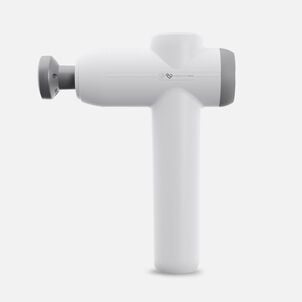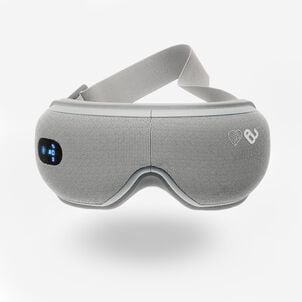Health savings accounts (HSAs) are great financial planning tools due to their triple tax benefits. When you're healthy and earning money, it makes sense to divert part of your paycheck to your HSA so your dollars can grow tax-free and compound over time, or to let your HSA from a previous insurance plan ride the market untouched on autopilot.
But what happens when the rainy day fund meets a downpour? A medical emergency is when you need to shift from saving to withdrawing your funds, prioritizing the "health" part of "health savings account."

We've talked before about using your HSA for elective treatment such as joint replacement surgery. But what if you suffer a crisis that changes the course of your life: A traumatic event such as a car accident, or a medical event like a stroke or even a cancer diagnosis. Your life is suddenly divided into before and after that fateful day, and you face months of treatments, uncertainty and expenses.As you come to terms with a new reality, your HSA can be a source of financial comfort as the bills start to roll in. Even if you changed insurance and no longer have a high-deductible health plan (HDHP), as long as you established your HSA before the medical emergency began, you can tap your funds to reimburse qualified medical expenses.
The same is true for Medicare. Once you're enrolled, you can't contribute to your pre-existing HSA, but you can still use your funds for their intended purposes. Work with your family members and support team to ensure your HSA is put to use to help cover eligible medical expenses, like:
- Surgery and transplants
- Hospital services
- Physical therapy
- Occupational therapy
- Speech therapy
- Home medical equipment
- Counseling
- Many more...
Some of these may require a Letter of Medical Necessity, so speak with your HSA administrator if you're unsure.
A few notes…
Nursing services are eligible, as long as care is nursing-related and not custodial in nature like a home health aide, which is not currently eligible. Home health aide services can be a big out-of-pocket expense, depending how much assistance you need for activities of daily living like showering, dressing and preparing meals.
- A bill in the House of Representatives, H.R. 1795 (the Home Care for Seniors Act) proposes to make such in-home care an HSA-eligible expense. Transportation to essential medical care, including ambulance rides, travel by bus, taxi, train or airplane, and rental cars if you need them. Keep track of your mileage to and from appointments and hold onto receipts for parking fees and tolls as well. The IRS-set mileage reimbursement rate for medical purposes for 2023 is 22cents per mile.
- Hotel rooms that aren't extravagant are eligible with a Letter of Medical Necessity from your doctor. Reimbursement is not available for regular meals with the exception of meals provided during a hospital stay.
- Home modifications like installing grab bars or widening door frames if needed to accommodate your condition can also be eligible under the right conditions. This article about universal design can shed a little more light on the subject.
Of course, planning for a worst-case scenario is never fun. But as HSA holders grow older, the possibility of needing to tap the money to cover medical emergencies rises.
Should the unthinkable happen, don't be afraid to use the money for what it's for: To help you recover from injury and illness so you can reach your highest functional level and live the life you want.
-
Thank you for visiting the HSA Store Learning Center. Don’t forget to follow us for more helpful tips on Facebook, Instagram, and Twitter.


.png)
















